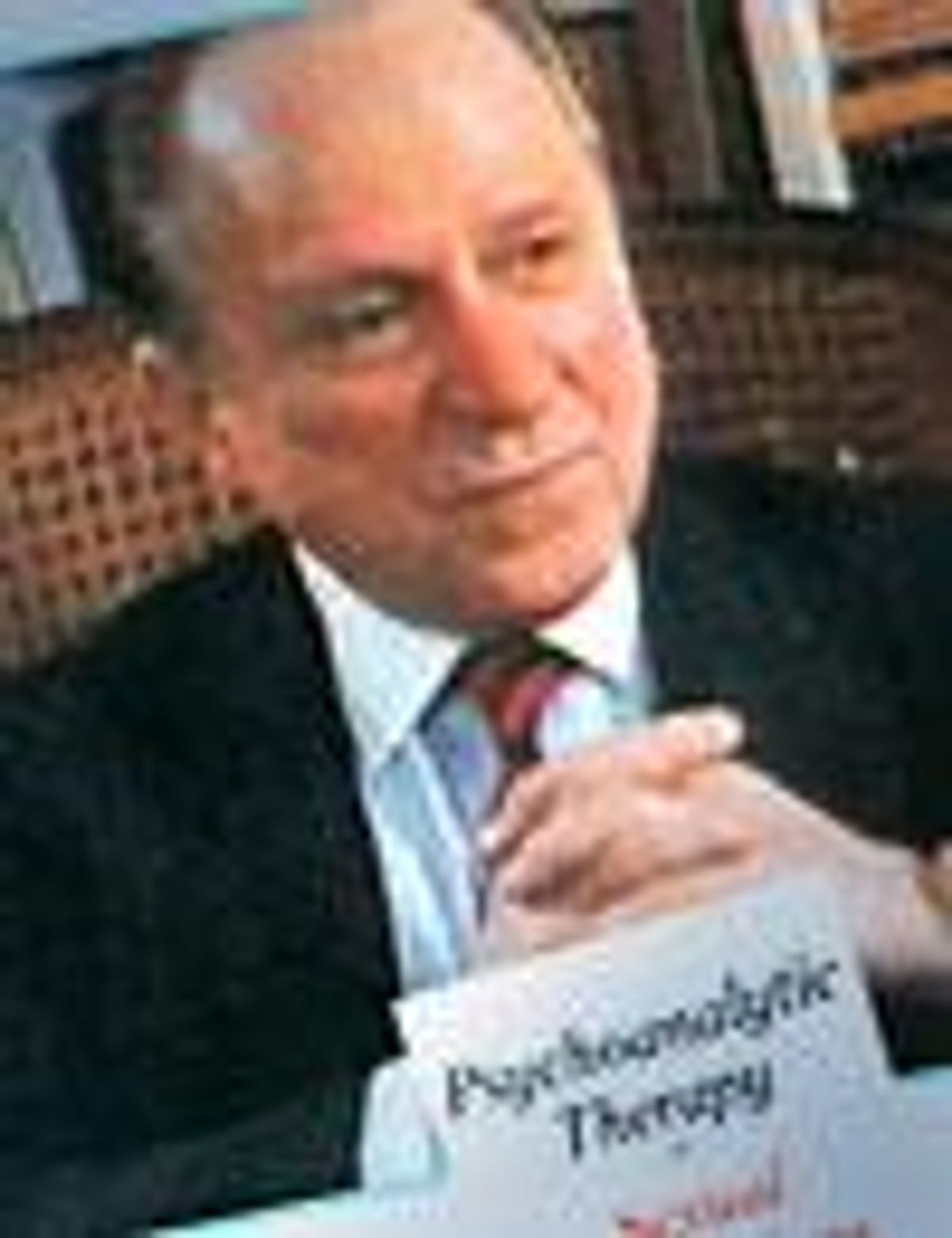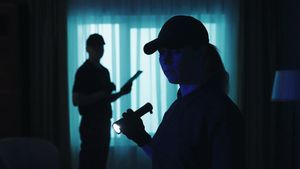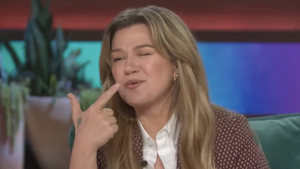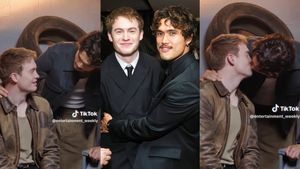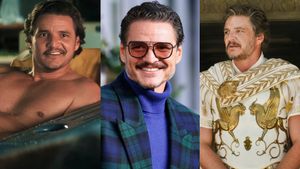Charles
Socarides--an influential and infamous psychiatrist
who came under heavy criticism for his belief that gay
men and lesbians could be "treated" and turned
straight--died Sunday in New York. He was 83,
and the cause was heart failure, his wife told The New York Times .
Socarides, a clinical professor of psychiatry at
the Albert Einstein College of Medicine, was reviled
by gay rights groups who denounced the half-dozen
books on homosexuality that he wrote, including The Overt
Homosexual, published in 1968. In 1992,
Socarides cofounded the National Association for
Research and Therapy of Homosexuality, whose mission
is ''to make effective psychological therapy available
to all homosexual men and women who seek change,''
according to its Web site.
In his 1995 book Homosexuality: A Freedom Too
Far, Socarides said that the gay rights movement "takes
deadly aim on the primary unit in society, the family.
Second, it is eliminating one of the very obvious but
very key factors in the making of a civilization: the
fact that one generation succeeds another generation.
Third, the very fact of AIDS is the same-sex movement's
terrifying contribution to this terrific century."
''I hope that with my work I've delivered some
from a mysterious malady over which they felt they had
no control, which felt like an instinctual urge that
they could not deny or understand, at the same time fighting
against it mightily,'' Socarides told the Times in
1995. ''I would help them make the fight.''
Ironically, Socarides's son, Richard, rose to
prominence as special assistant to President Bill
Clinton and White House liaison to the gay community.
In 1999, Richard Socarides told The Washington Post that during high school in the
late 1960s and early 1970s he became aware that
his sexual orientation was in stark conflict with
his father's career. The father and son, who had a
close relationship, did not talk about sexuality. "I
think it was easy for us to compartmentalize," he told the
newspaper. "Here I was just having a great time in high
school. I was in love with this guy, and Charles was
over here talking to people about the pathology of
homosexuality. I was not going to let my dad's work
jeopardize my life."
It wasn't until 1986 that the father and son
confronted each other. "I was so nervous, I have no
idea what either of us said," he told the Post . "It lasted just a few seconds, but I got out
what I had to get out. I told him I was gay and that I
had a boyfriend." The father was angry, and the
son was left shaken. However, six months later
Richard received a letter in the mail. "Charles had written
saying, 'If being gay is what makes you happy, then
it's OK with me. That's all I can ask.' It was a
classy thing to do," the son told the newspaper.
In an interview on Tuesday, Richard told the
Times that he and his father did have a
relationship until the end, partly because they didn't
discuss their work. "'It was complex,'' he told the
newspaper. ''We tried to relate to each other as
father and son.'' (Advocate.com)
